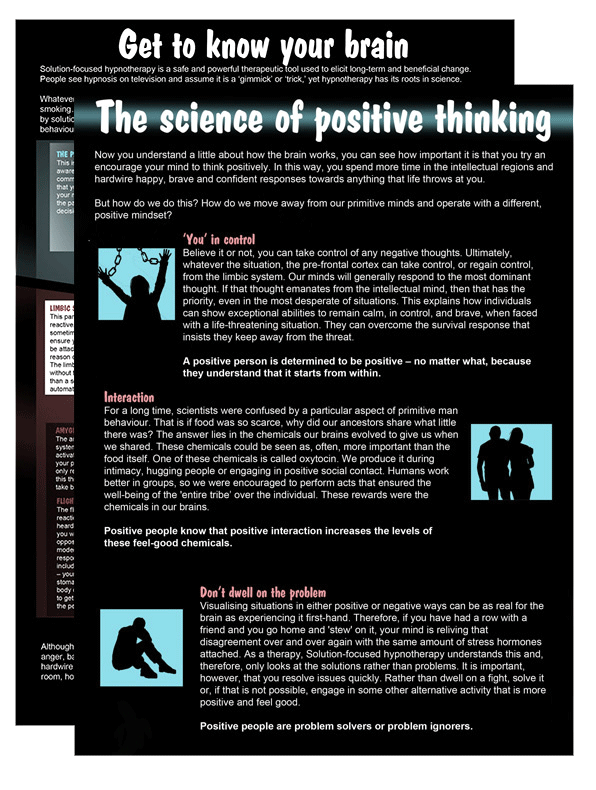It’s Monday morning, I’ve survived the school run and I’m prepping for my first client of a busy day with an oversized coffee. I’m hugely short on sleep as I’ve been up in the night trying to sort out a technical issue with my email which is definitely, not my thing! I have a slightly wretched feeling after doing no exercise aside from pulling out a few weeds in the garden, as I have spent the weekend taxiing my children to various fun parties. I have eaten convenience food, drunk a few glasses of wine and am certainly not, my ‘best self’ on this bright Monday morning. Suffice to say, I have a fair to middling water line in my ‘stress bucket’.
Yet tonight is the night I am going to throw myself literally in the deep end. In to a big, deep lake! Open water swimming, with the moon as our nightlight!

“It’s going to be fun!” they say. “Yes” I said, but that was last week!
I have borrowed a friends’ floaty thing, I have Amazon speed-ordered my head torch and dusted the cobwebs off a lesser spotted wetsuit. I have also told virtually everyone I know that I’m going to swim in a lake at bedtime. Committed- yes!
No big of a deal. Right?! For some people. But a sizable deal for me! My primitive emotional brain kicks in quickly on Monday morning with its’ pessimistic outlook for my evening- lets’ recap the rhetoric:
- Wetsuits are not my thing. This is the WRONG wet suit!
- It will be TOO cold. I don’t do cold very well as my circulatory system has been unplugged with the passage of age! Thermal shock, perhaps drowning!
- Can I REALLY swim that well?! Yes I can hold my own in water but my primitive brain is vindictively reminding me of a traumatic, near drowning incident in my 20s in shallower, WARM water!
- Weeds- a devil plant that actively seek out ankles and pull people to their murky depths. I remember hearing about weeds
- Fish- Anyone that knows me well knows that fish are absolutely not my thing. Less so than wetsuits, cold and drowning. After a successful hypnosis intervention many years ago where my phobia was substantially lessened (thank to my friend Paul Milham Hypnotherapy) my primitive brain reminds me of the size of some over the monstrous carp that would definitely enjoy living in a big lake like this. And Pike, the duckling devouring demons with teeth, well they may like the look of my pink toes desperately wriggling around in the moonlight. (Should have bought lake shoe thingies from Amazon- oh dear, too late now!)
“I could just cancel, watch telly, have an early night”… the primitive brain whispers to me throughout the next 10 hours of my day.
Thankfully a great day seeing lovely clients and delivering copious amounts of hypnosis (it’s what I do) distracts me nicely away from most of the above until the evening rolls round and it’s time to gather myself, say goodbye to the kids mid bedtime routine shenanigans (cue look of horror notable “Mum, you are doing what?!”) and trot to my friend’s, with my bag of alien things, who has kindly agreed to give me a lift.
I am pleased to say I am not writing this from beyond a watery grave. I survived and revelled in the smug feeling of doing it, with a hot chocolate and a very large marshmallow, all toes present, around a lovely warm camp fire. Definitely different for me, for a Monday night!
The worst case scenario DID NOT happen. The negative forecasting of the primitive brain was absolutely, superbly wrong. I could COPE with the cold. I could CHOSE to ignore the feeling of the weeds and I could chose to FOCUS on looking for the moon, my stroke and pushing on with my Lycra clad friends rather than what may be lurking beneath me.
Yes the wet suit was the wrong one. (Can they shrink in the cupboard?) But a bit of discomfort was nothing I couldn’t cope with.
I had overridden my primitive brain. The noisy, negative, Neanderthal, scaredy- cat that just had my safety and social blushes in mind. Whilst my primitive brain had been conjuring false futures for me, what it hadn’t planned was a punctured tyre on the drive home down a dark country lane at a very late hour! Just goes to show how wrong our thoughts can be! So what strategies did I find helpful to overcome self-sabotage?
So what strategies did I find helpful to overcome self-sabotage?
- I told lots of people I was going to do it
- I organised to travel there with a friend
- I visualised myself enjoyably doing it, and played this positive, best-case scenario like a film reel with a start, middle and end, in my imagination a couple of times in the preceding days
- I challenged negative thoughts with logic, getting the Executive brain back online
- I focused on the end goal- how proud I would feel afterwards
If you are thinking about doing something a little out of your comfort zone perhaps these methods may help you. Complementing the above with Hypnotherapy can be a great way of quickly pushing forward a goal and turning it from an idea in to a reality.










 1) Getting to know your brain
1) Getting to know your brain